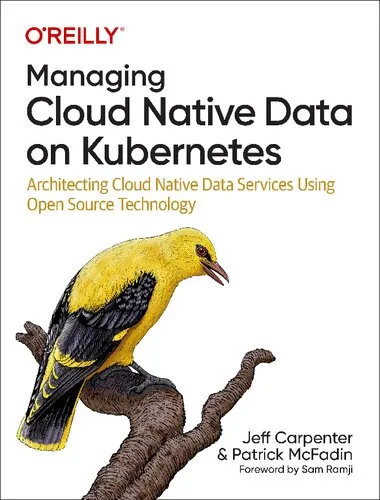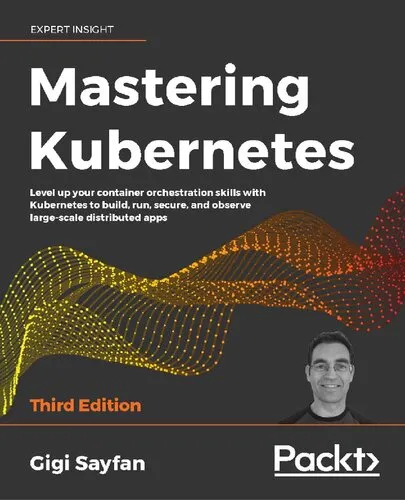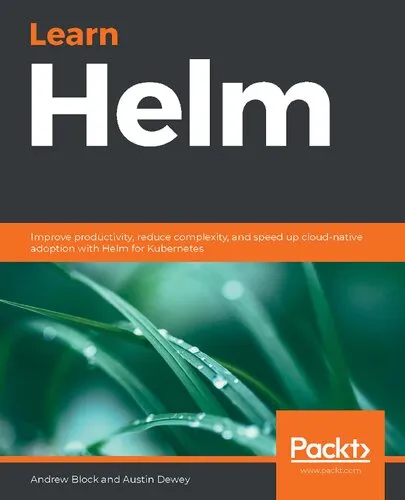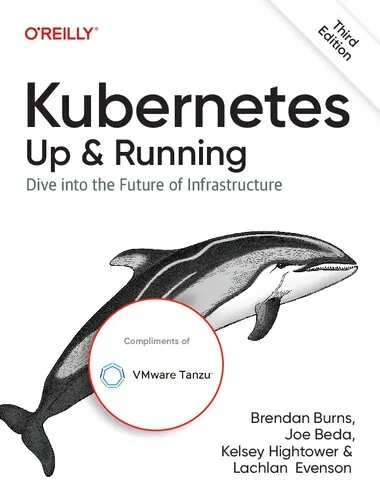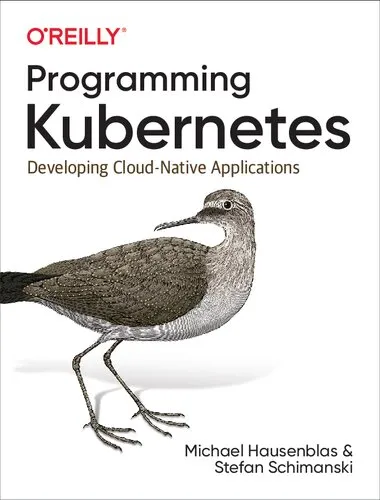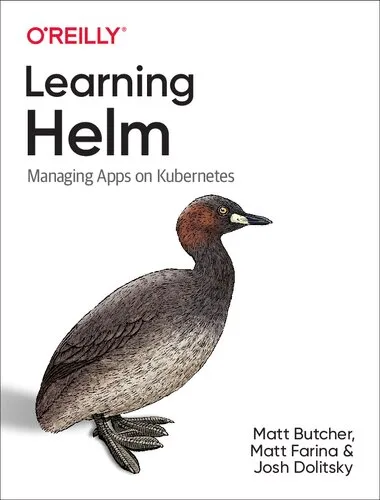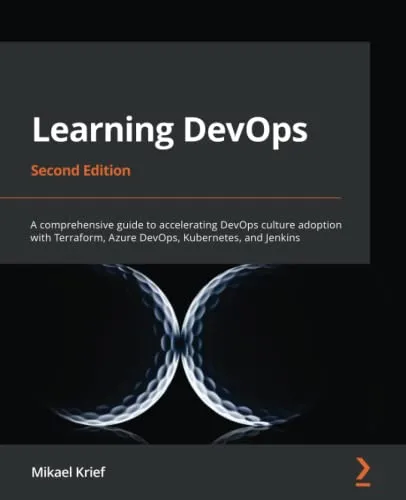Managing Cloud Native Data on Kubernetes: Architecting Cloud Native Data Services Using Open Source Technology
4.5
Reviews from our users

You Can Ask your questions from this book's AI after Login
Each download or ask from book AI costs 2 points. To earn more free points, please visit the Points Guide Page and complete some valuable actions.Related Refrences:
Introduction to "Managing Cloud Native Data on Kubernetes"
Welcome to "Managing Cloud Native Data on Kubernetes: Architecting Cloud Native Data Services Using Open Source Technology", a transformative guide to understanding and operating data services in a cloud native paradigm. This book serves as an essential resource for developers, architects, and technology leaders striving to harness Kubernetes as a platform for running and scaling data-centric workloads. With Kubernetes evolving into the de facto standard for modern application deployment, its role in managing data services has become increasingly vital. This book addresses the complexities, challenges, and innovative strategies for delivering reliable, scalable, and efficient cloud native data systems.
By combining theoretical foundations with practical insights, "Managing Cloud Native Data on Kubernetes" empowers readers to design and manage data systems to match the agility, resilience, and operational excellence of Kubernetes itself. Whether you are transitioning from traditional architectures or are already cloud native, our goal is to offer clear guidance and actionable advice on managing the rich ecosystem of open source tools and techniques for cloud native data.
Summary of the Book
The book begins by delving into the critical challenges traditional data architectures face in the era of containers and Kubernetes. As enterprises shift to adopt Kubernetes for their compute workloads, they often overlook the complexities of adapting data storage and stateful workloads into the same environment. The book aims to bridge this knowledge gap by covering:
- Core concepts of Kubernetes and its suitability for stateful applications.
- Architectural patterns for cloud native data management.
- Key considerations for operating databases, event streaming platforms, and analytics systems in Kubernetes environments.
- Open source tools and technologies to manage data pipelines and operational workflows seamlessly.
- Best practices and real-world case studies to inspire and guide implementation efforts.
Each chapter balances theory with practical examples, offering readers a plan to resolve strategic and technical challenges. By the end, you will have a clear framework for building robust, scalable, and cloud native data services using cutting-edge open source tools.
Key Takeaways
Throughout this book, readers will gain valuable insights about leveraging Kubernetes for managing stateful data services. Key takeaways include:
- Understand the "stateful challenge" in containerized environments and how Kubernetes addresses (or complicates) it with StatefulSets and persistent volumes.
- Learn strategies to adapt legacy architectures to cloud native databases and storage systems.
- Explore Kubernetes-native storage options such as CSI (Container Storage Interface) and its integration with distributed file systems and block storage solutions.
- Discover how to maintain high availability, durability, and resilience for data-intensive applications.
- Master CI/CD techniques specifically designed for managing and deploying stateful Kubernetes applications in production.
Famous Quotes from the Book
"Kubernetes became the operating system for modern innovation, and data is the heart of every mission-critical system leveraging it."
"Embracing cloud native data services is not about replacing everything you know. It’s about reimagining what’s possible with the technology you already rely upon."
"The future of software engineering is as much about managing state as it is about delivering code."
Why This Book Matters
In the rapidly evolving landscape of software architecture, Kubernetes has become the backbone of countless enterprises. While many understand its role in deploying scalable, containerized applications, fewer grasp its impact on stateful workloads like databases and analytics systems. This book matters because stateful workloads continue to be the Achilles’ heel for many cloud native initiatives. Offering practical approaches to reconcile stateful and stateless paradigms, this book is critical for teams choosing Kubernetes as their platform of choice.
Furthermore, the book’s emphasis on open source technologies adds tremendous value, empowering organizations to adopt cost-effective, community-driven solutions without vendor lock-in. By focusing on real-world deployments and proven practices, the book helps readers solve the “last mile” of cloud native adoption: managing data stores and pipelines effectively.
In summary, "Managing Cloud Native Data on Kubernetes" not only equips readers with the knowledge but also instills the confidence to tackle the intricate challenges of data in the era of Kubernetes. As organizations continue their journey to becoming fully cloud-native, a strategic approach to managing data is what truly separates leaders from followers. And this book lays the foundation for that success.
Free Direct Download
You Can Download this book after Login
Accessing books through legal platforms and public libraries not only supports the rights of authors and publishers but also contributes to the sustainability of reading culture. Before downloading, please take a moment to consider these options.
Find this book on other platforms:
WorldCat helps you find books in libraries worldwide.
See ratings, reviews, and discussions on Goodreads.
Find and buy rare or used books on AbeBooks.
1449
بازدید4.5
امتیاز0
نظر98%
رضایتReviews:
4.5
Based on 0 users review
Questions & Answers
Ask questions about this book or help others by answering
No questions yet. Be the first to ask!
